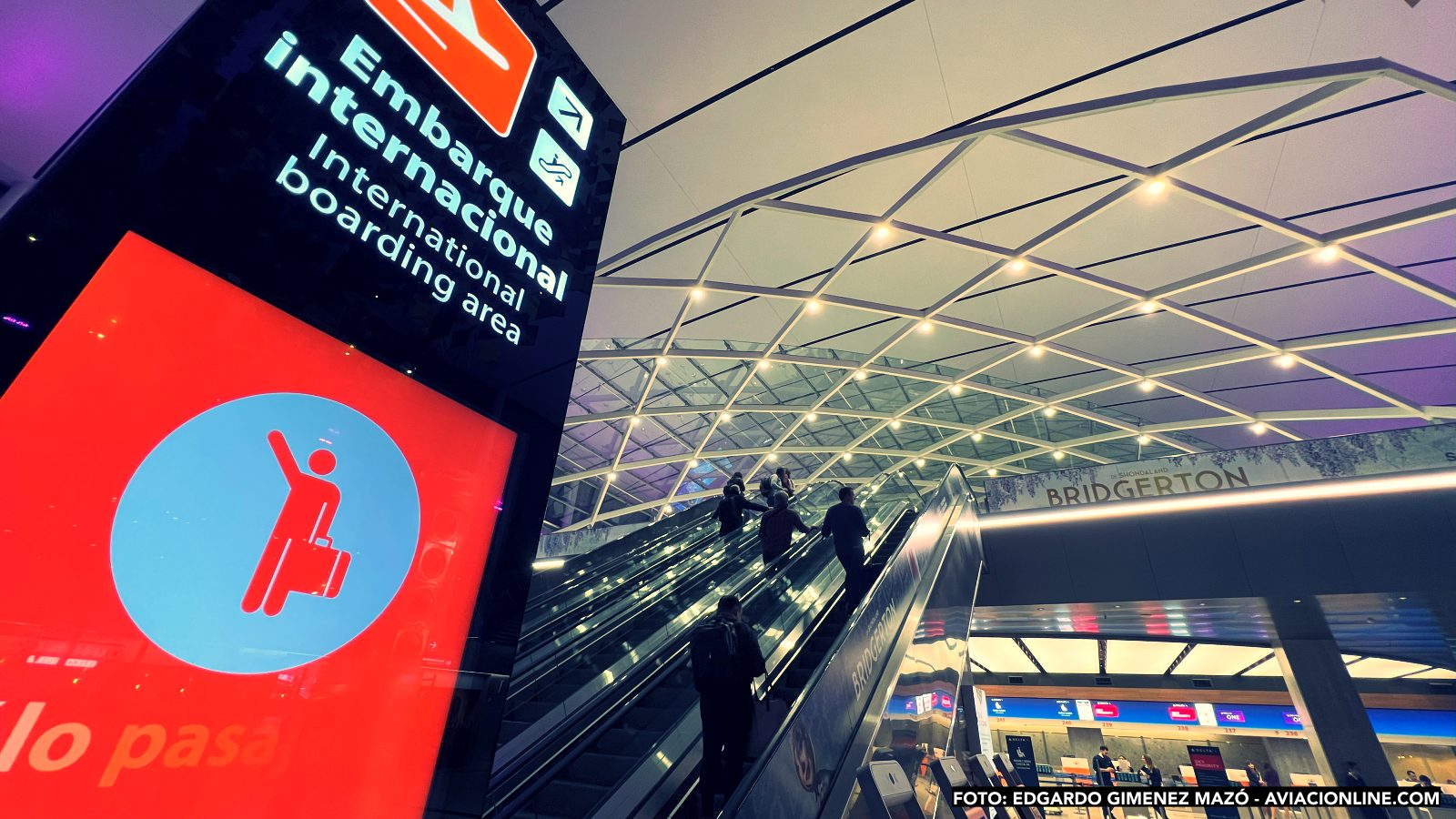Milei's Midterm Election Win Paves Way for "Open Skies" Consolidation in Argentina
Following the results of the legislative elections this Sunday, October 26, Javier Milei's administration is poised to consolidate and deepen the transformation of the Argentine aviation market.
The election victory provides the ruling party with the necessary political capital to advance the reform points that faced legislative resistance throughout 2024 and 2025.
The "Open Skies" policy in motion
From the beginning of its term, the administration pushed for strong deregulation of the sector. DNU 70/2023 modified key aspects of the Aeronautical Code to remove barriers to competition. Key changes included eliminating the requirement for public hearings to grant routes and allowing airlines to set their own fares freely.
Beyond the "open skies" policy and the attempted privatization of the state carrier, one of the most profound structural reforms was implemented via DNU 70/2023, which directly modified the Aeronautical Code. This decree eliminated the mandatory requirement to hold public hearings for route authorizations, a process that historically slowed flight assignments. Concurrently, it completely removed the fare bands that regulated minimum and maximum prices for domestic tickets, enabling direct price competition and solidifying the low-cost model.
The deregulation package also targeted ground services. Specifically, the decree enabled the deregulation of ramp services (ground handling). The objective was to dismantle the de facto monopoly held by the state-owned company Intercargo at most of the country's airports, allowing airlines to hire new private providers or opt for self-handling, a measure designed to reduce operating costs.
On a technical and investment level, the reforms eased conditions for new operators. Requirements regarding aircraft registration were modified, providing flexibility for the use of foreign-registered aircraft in domestic operations (via wet and dry leases). Furthermore, the legal requirement mandating that an airline's board majority and president must be Argentine citizens was eliminated, a move aimed at attracting greater direct foreign investment to the sector.

Milei's administration has also moved forward with many deregulations on matters ranging from flight crew duty times, drone operations, the delegation of certifications to foreign aviation authorities, and alignment with international standards.
The results of this opening are already reflected in statistics. According to data from the National Civil Aviation Administration (ANAC), 24.3 million passengers were moved during the first half of 2025, setting a historical record and marking a 14% growth compared to 2024.
Furthermore, 38 new international routes were inaugurated in the first 20 months of the administration, many of them directly connecting provinces with other countries.
The future of Aerolíneas Argentinas
Another pillar of the reform is the future of Aerolíneas Argentinas. While DNU 70/2023 authorized the transfer of the company's shares to its employees, the government's primary goal has always been its full privatization.
This plan met its main obstacle in Congress (with also a strong opposition from unions). During the "Ley Bases" (Omnibus Bill) debate in 2024, the administration failed to gather the necessary votes to approve the sale of the flag carrier and had to withdraw that chapter to proceed with other reforms.

/https://aviacionlinecdn.eleco.com.ar/media/2025/05/aeroparque_jorge_newbery_plataforma_con_aviones_de_aerolineas_argentinas_flybondi_y_jetsmart.jpg)
Para comentar, debés estar registradoPor favor, iniciá sesión